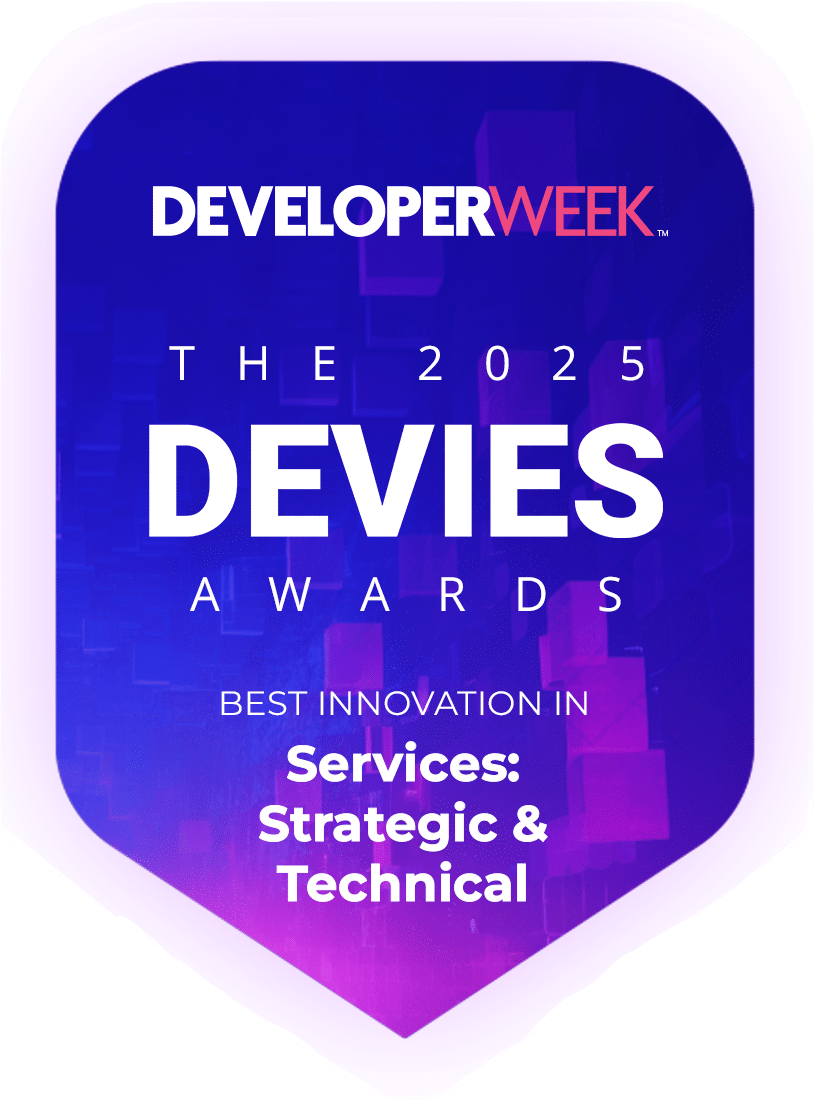| Part One | Part Two |
|---|
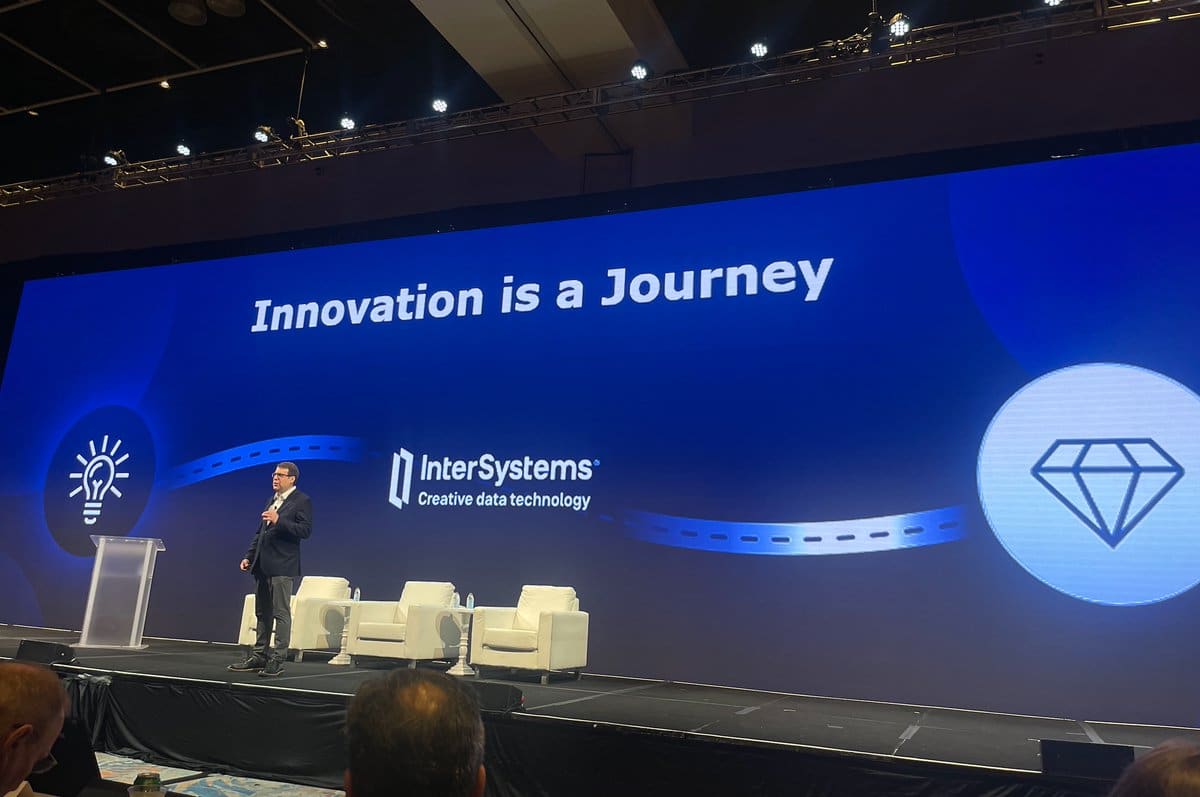
InterSystems Global Summit is the premier event for the InterSystems technology community. We attended this year’s 2023 conference in Hollywood, Florida and are pleased to provide highlights from some of our favorite sessions. Make sure to check out Part 2!
Getting to Know FHIR: The Best Explanation of FHIR They’ve Ever Heard
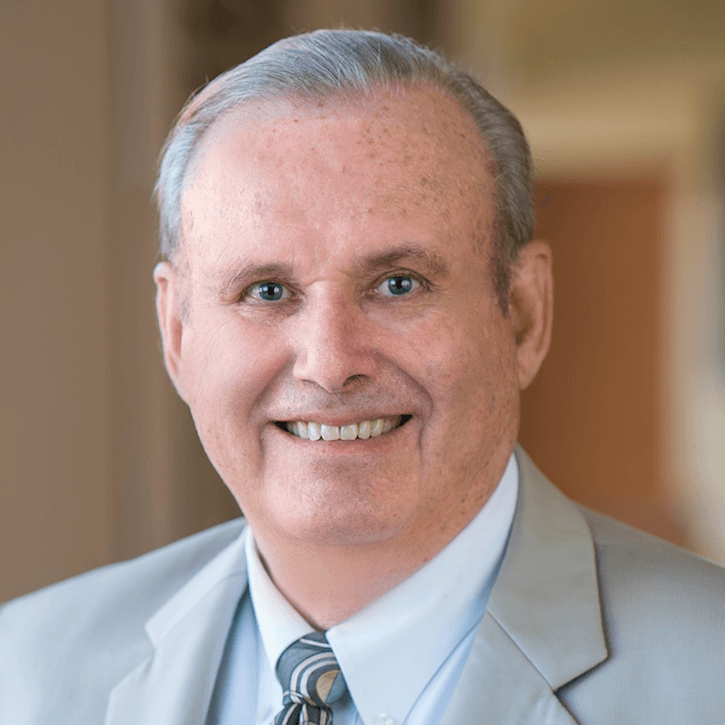
- Date: Sunday, June 4, 2023
- Presenter: Russell Leftwich, MD, Senior Clinical Advisor, Interoperability, InterSystems
- Overview: A soup to nuts look at FHIR, its history, architecture, use (how and why), and its importance for future interoperability. Complete with exercise!
“Getting to Know FHIR: The Best Explanation of FHIR They’ve Ever Heard” explored FHIR and its history. During this session, we looked at the catalyst for creating FHIR, a report called Crossing the Quality Chasm – A New Health System for the 21st Century. This analysis called for five key measures for a new, successful healthcare communication and interoperability framework extending past a data format, providing a practiced methodology for all healthcare data interoperability implementations.
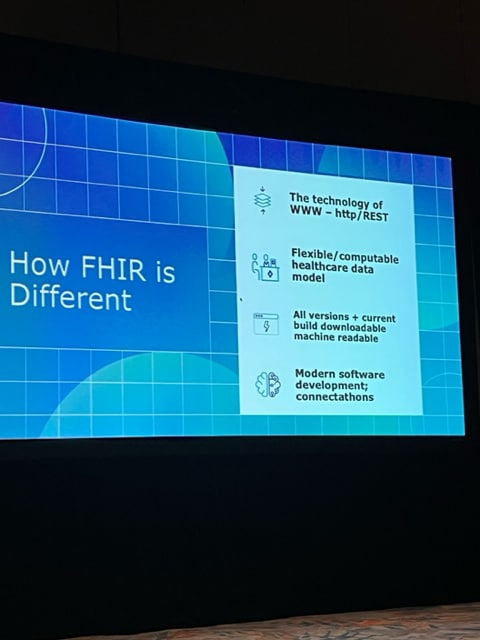 Following this deep dive, Dr. Leftwich detailed the modern presentation of the open-source FHIR standard, available online for free. FHIR is not just a data standard comprised of resources, which are atomic pieces of the care record, but also profiles, which show the implementation ecosystem for a given collection of resources and messages. Dr. Leftwich stated plainly that “flexibility is the opposite of interoperability” – a critical key to understanding the value of FHIR and the idea of FHIR profiles and all the metadata they contain.
Following this deep dive, Dr. Leftwich detailed the modern presentation of the open-source FHIR standard, available online for free. FHIR is not just a data standard comprised of resources, which are atomic pieces of the care record, but also profiles, which show the implementation ecosystem for a given collection of resources and messages. Dr. Leftwich stated plainly that “flexibility is the opposite of interoperability” – a critical key to understanding the value of FHIR and the idea of FHIR profiles and all the metadata they contain.
Dr. Leftwich then discussed the importance of FHIR implementation guides. Implementation guides are a set of rules, including resources, profiles, documentation, and examples, for specific use cases. These guides must be available in both human and machine-readable formats and published to a URL. To start understanding them, Dr. Leftwich said to look at the US Core (USCDI). These stand as a reference and are available for use. You can find these at this link.
After this discussion, Dr. Leftwuich began a hands-on demonstration of how FHIR works using free-to-use gb2.clinfhir.com.
Dr. Leftwich then ended the session by detailing the necessary steps for FHIR servers and the difficulties of complete, seamless interoperability by looking at the differences between technical, semantic, process, and clinical interoperability. For example, successful FHIR interoperability requires semantic interoperability, whereas formats like HL7v2 only provide syntactic interoperability.
Meetup for Women at Global Summit

- Date: Sunday, June 4, 2023
- Presenters:
- Jenny Ames, Manager, InterSystems Global Content
- Susan Perry, President and CEO, SpeechMED, Inc.
- Jennifer Goldsack, CEO, The Digital Medicine Society (DiMe)
- Jen Carter, Executive Director of Customer Experience, J2 Interactive
- Overview: J2 Interactive’s Executive Director of Customer Experience, Jen Carter, was a featured panelist in an engaging, packed-house panel event for women at Global Summit.
Mentorship was the topic at a packed-house panel for the Women’s Meetup Event at ISC Global Summit 2023. It was the first time Global Summit held this type of event, and it was a rousing success, with the attendees listening with rapt attention to the dynamic women sharing their wisdom on stage. The panel was a group of Women Leaders comprised of Jenny Ames (Manager, InterSystems Global Content), Susan Perry (President and CEO of SpeechMED, Inc.), Jennifer Goldsack (CEO of The Digital Medicine Society (DiMe)), and Jen Carter (Executive Director of Customer Experience at J2 Interactive).
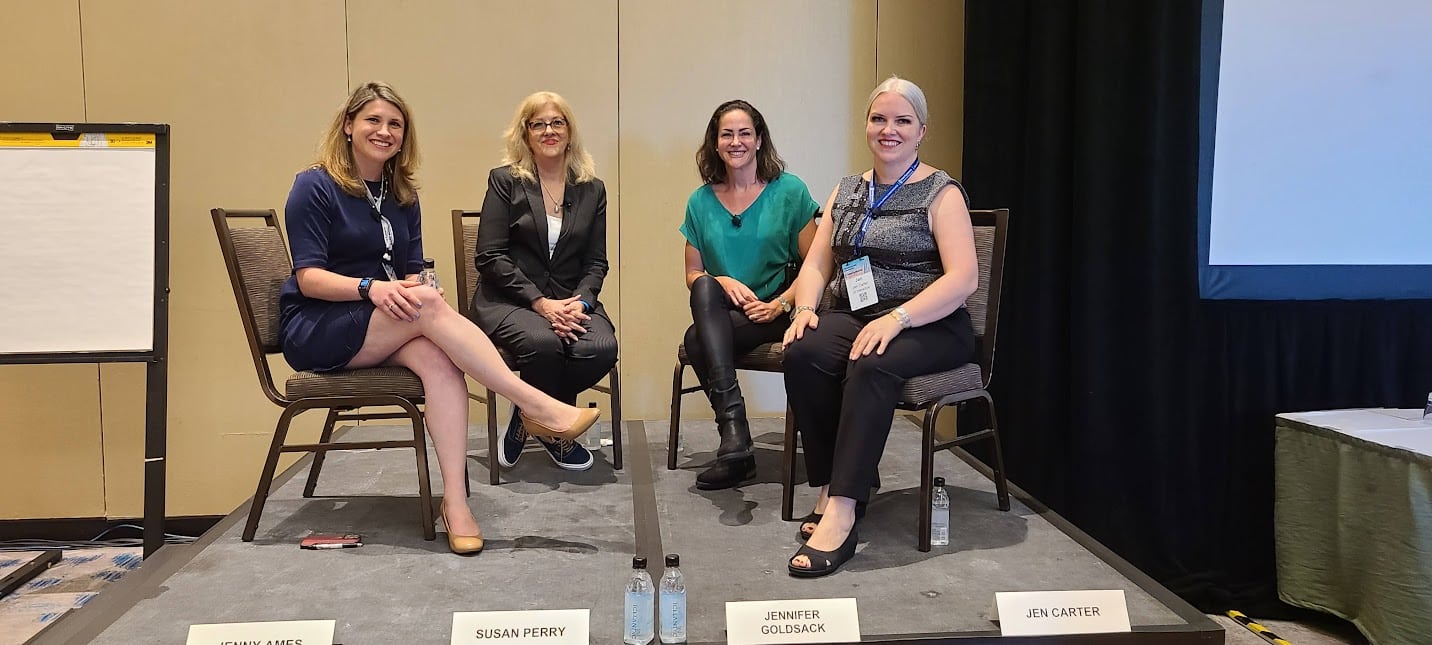
As Jenny Ames moderated the discussion, each woman shared their personal stories of mentorship, from how their thoughts on mentorship have changed and grown over the years to tips and suggestions for being and seeking your own mentor. The conversation was funny, insightful, and engaging.
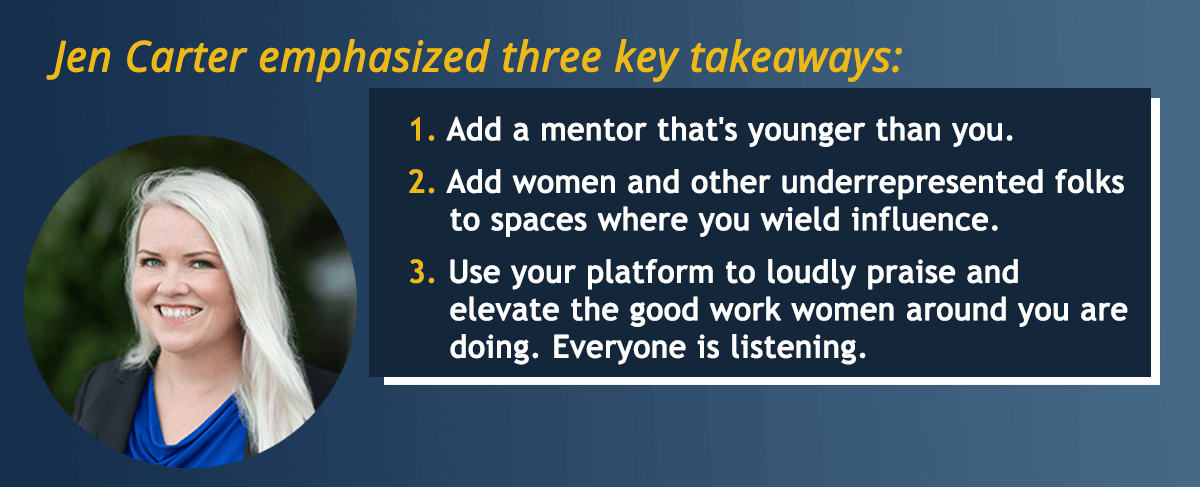
As the session wrapped up, Jen Carter tasked the group with one thing: go forth and have at least one conversation with someone new between sessions and during the day. She emphasized that making connections and building relationships starts with that first good conversation. Wonderfully, attendees took this advice to heart. As the conference commenced, many were beginning lots of fantastic new discussions.
FHIR to IntegratedML: Can You Get There from Here?

- Date: Monday, June 5, 2023
- Presenters:
- Thomas Dyar, Machine Learning Product Specialist, InterSystems
- Dmitry Maslennikov, Chief Technology Officer, CaretDev
- Overview: InterSystems demonstrates how, with the use of InterSystems FHIR SQL builder, InterSystems IntegratedML, and a little orchestration help from dbt (www.getdbt.com), it is possible to implement a complete predictive analytical workflow from raw FHIR data.
Healthcare data is one of the most complex and voluminous datasets we rely on. Data analysis can provide valuable insights into future patient outcomes, especially when paired with modern machine-learning techniques.
A paper published in October 2022, “Simulation of a machine learning enabled learning health system for risk prediction using synthetic patient data,” outlines a method for using Synthea data to develop a prediction model for stroke risk. By using the same basic process, it is possible to create a similar prediction model from FHIR source data using InterSystems components.
For his live demonstration, Dmitry Maslennikov used InterSystems FHIR SQL Builder to build the data model and InterSystems IntegratedML to perform the machine learning. dbt was used to orchestrate the overall pipeline.
HealthShare Care Community: New & Next

- Date: Monday, June 5, 2023
- Presenter: Jeremy Davis, Senior Product Manager, HealthShare
- Overview: ISC Care Community is a case management, coordination, and planning solution that allows heterogeneous care teams (healthcare providers, family members, patients, and others) to track patient care, goals, and progress.
Jeremy Davis, a Senior Product Manager of HealthShare at InterSystems, presented Care Community – a module embedded in Clinical Viewer used primarily for care coordination and planning. Davis explained that Care Community is a unified approach that connects patients and caregivers and helps deliver care more efficiently and reduce costs.
Davis continued the presentation with a personal story. A year ago, his wife had been diagnosed with breast cancer. The number of people involved in her care suddenly skyrocketed—surgeons, oncologists, radiologists, nurses, and social workers. But also family and friends and herself. In this example, he illustrated how important care coordination and planning had become.
Next, Davis presented key features of Care Community—the ability to create care teams, care plans, and task workflows within Clinical Viewer and TrackCare. Enhancements since the last Global Summit include public APIs to trigger care plans for patients from external systems, role-based access control, and adding patients as active contributors to care plans.
Davis ended with conducting a demo of a patient transitioning to a long-term care facility. As part of the demo, he added a medication list, added driving in caregiving resources, and saved the care plan as active, which exposed a send to patient button (clicking it would expose the URL to the care plan to an external app, such as Personal Community) and review button (for care team member). He also showed how to import/export patient data from/to SDA and FHIR resources. There are pre-built tasks, version history, the ability to link to patient context, and alerts to individual team members via the Clinical Message Center.
Bulk FHIR Export

- Date: Monday, June 5, 2023
- Presenters:
- Ken Smith, Senior Consultant, J2 Interactive
- Pat Jamieson, Product Manager, InterSystems
- Overview: InterSystems introduces the BulkFHIR Coordinator, an exciting new IRIS for Health feature that enables large-scale export of data from existing FHIR endpoints.
Fast Healthcare Interoperable Resources (FHIR) has rapidly gained popularity in patient- and provider-facing applications. BulkFHIR aims to build upon this success by enabling larger-scale use cases for FHIR data, such as population health analytics, data migration, and quality measure reporting.
The InterSystems BulkFHIR Coordinator enables large-scale data export for existing FHIR endpoints into NDJSON files, along with a framework for controlling and monitoring exports. This process is accomplished through various adapters, which can be customized based on the security/storage needs and the capabilities of the FHIR endpoint. Additionally, an intuitive BulkFHIR Coordinator User Interface allows users to configure new endpoints, kick-off/monitor exports, and view/filter operation logs.
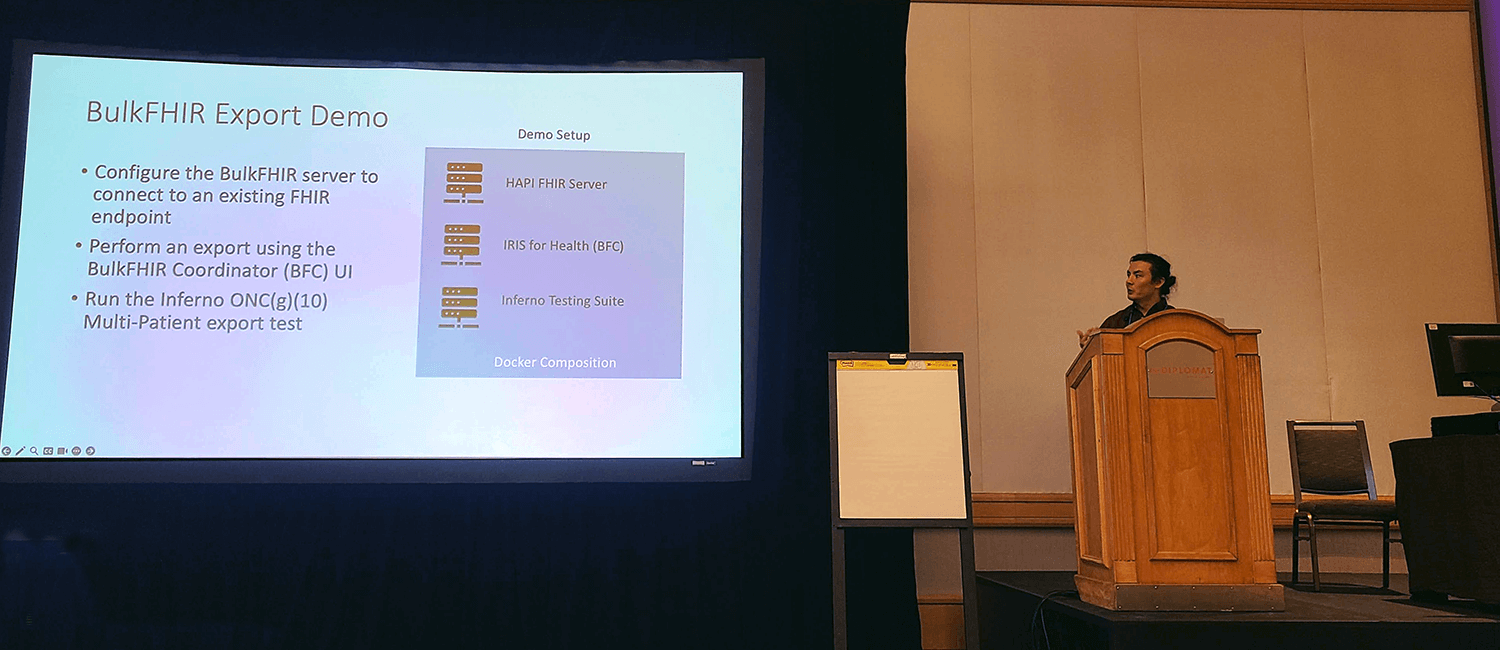
For his demonstration in this presentation, J2’s own Ken Smith set up a BulkFHIR connection to an existing HAPI FHIR endpoint, performed a patient-level export using the BulkFHIR UI, then finally used the Inferno ONC Certification (g)(10) Standardized API Test Kit to certify the BulkFHIR endpoint as compliant with the multi-patient export requirements.
HealthShare Patient Index & Provider Directory: New & Next

- Date: Monday, June 5, 2023
- Presenter: James Derrickson, Product Manager – HealthShare Product Management, InterSystems
- Overview: In a rapid-fire session, Product Owner James Derrickson detailed dozens of enhancements coming to Patient Index and Provider Directory in the next 18 months.
Why would you need a Provider Directory? James Derrickson opened his session by detailing the need for accurate provider data. Not only is it helpful for claims processing to have complete provider data, but in a world where patients are encouraged to reach out directly to medical professionals, accurate provider data helps patients know they’re getting in contact with who they want. From patients finding providers to providers finding providers, accurate data is invaluable.
Derrickson shared some of the newest features of Provider Directory already available, from role-based access (at the field level!) to a new discard feature, including bulk discard, allowing data stewards to exclude bad data that may have been submitted in error. InterSystems has also added centralized user management, better scalability, and more. But what’s really interesting is what’s coming.
Over the next few years, Provider Directory will be adding a completely revamped front end configurable search results (allowing customers to choose what fields they want to search on, including custom fields). The team is also hard at work building fast entry screens for providers and locations, adding address validation, and even OAuth login functionality.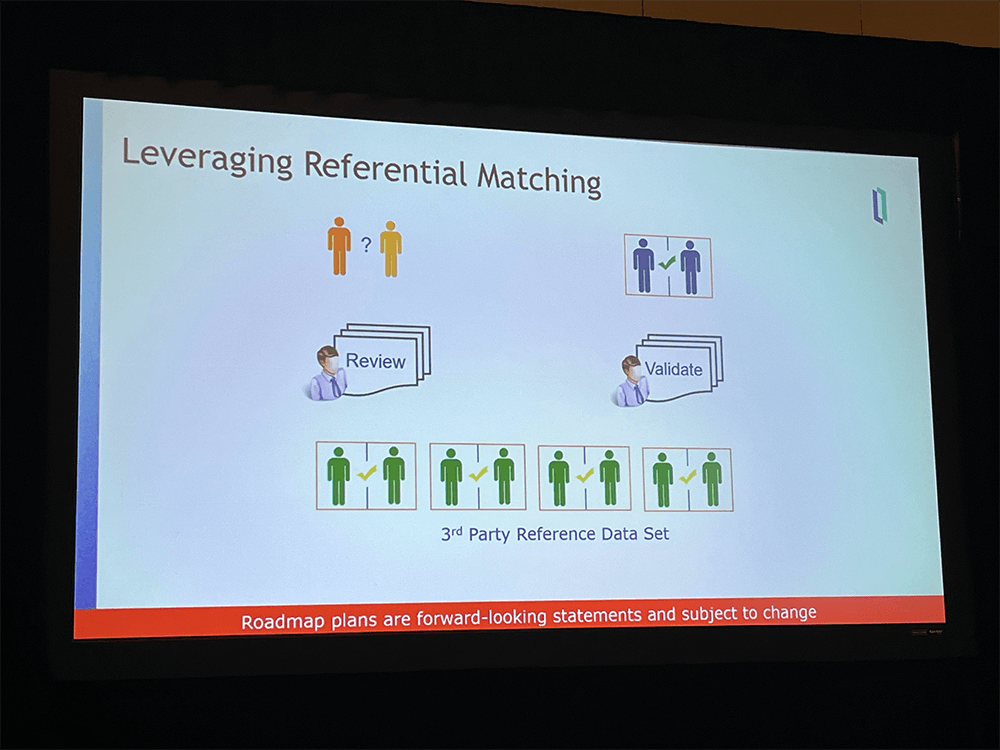
Farther down the road, HSPD will add fascinating new features like provider self-service, data quality dashboards, and even cloud support.
After wowing us with PD, Derrickson turned to the equally important Patient Index.
HealthShare Patient Index will be adding referential matching to its offering, allowing customers to augment patient data with large libraries of standardized, denormalized data. This is an add-on service.
HSPI will also apply machine learning to patient matching, allowing the system to calibrate against data trends in inbound interfaces. HSP will also add several new fields, including Biometric ID, and finally, HSPI will soon have a cloud offering as well.
Clinical Research Data Pipeline Using FHIR & OMOP
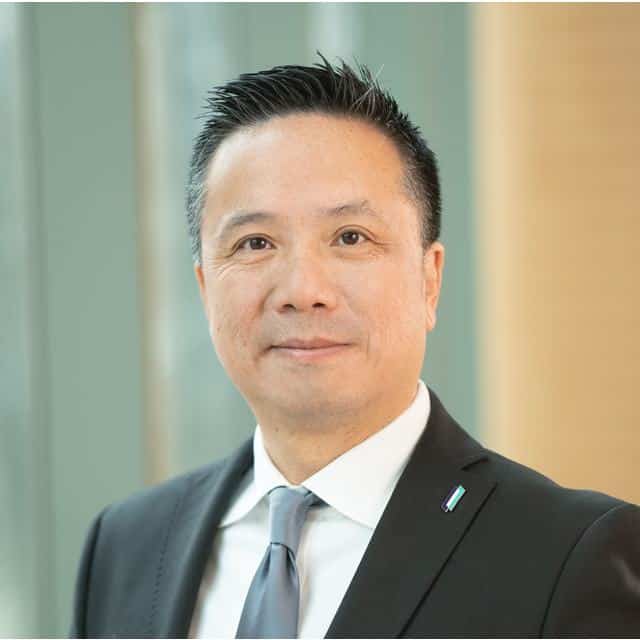
- Date: Monday, June 5, 2023
- Presenter: Qi Li, MD, Director of Product Innovation, InterSystems
- Overview: A demonstration of how to leverage FHIR and Health Insight data pipelines in IRIS for Health to accelerate i2B2 and OMOP clinical research projects.
Dr. Qi Li, Physician Executive within the HealthShare product management team, presented a demo of how to leverage data pipelines to transform and send data to clinical data warehousing and analytic platforms, specifically i2B2 and OMOP (Observational Medical Outcomes Partnership), which would accelerate clinical research with IRIS for Health, as the National Institute of Health (NIH) provided $45b in research funding in 2022, of which 75 institutions received more than $100m each.
Li focused on two research data pipeline projects; FHIR to i2B2, a Mass General Brigham project researching COVID to enhance recovery; and HealthShare to OMOP, a Baystate Health initiative. The MGB project goals were to leverage IRIS for Health and extract a limited set of FHIR resources from Care Evolution, prepare data for pre-populated tables, and develop a process to populate the main tables with transformed data from FHIR resources and use pre-filled tables.
The BayState OMOP project took patient, encounter, and associated clinical information from Health Insight and loaded them into their corresponding OMOP Tables, transforming and mapping the data as needed. Both projects have applications available for download on the ISC Open Exchange. See ‘i2b2-on-iris’ and ‘OMOP and Atlas on IRIS for Health.’
Security Updates
- Date: Tuesday, June 6, 2023
- Overview: InterSystems engineers provide the latest and greatest updates to the wild world of IRIS security.
In this breakout session, InterSystems provided updates on some of their latest innovations in the name of security. Needless to say, with an extensive list of new features coming out, InterSystems has been busy. Some exciting items unveiled include:
- Their Cloud Key Management system, which allows administrators to encrypt data at rest using private keys stored in their cloud provider’s key management system
- Updates to the IRIS binary that will enable users to ensure they have proper file permissions set to ensure their systems are running using best practices
- More authority to IRIS administrators in defining the SuperServer port and which services may leverage it
- Exporting audit logs to third-party systems, which is right around the corner in 2023
If all or any of this sounds exciting to you, well, you’re our kind of people!
Clinical Alerts & Notifications on FHIR: Putting the Healthcare Action Engine into the Workflow

- Date: Tuesday, June 6, 2023
- Presenter: Frank Pandolfe, Clinical Product Manager, InterSystems
- Overview: The Healthcare Action Engine is a way to provide powerful synchronous or asynchronous responses to patient care events via CDS Hooks, filtered by rule conditions that query a FHIR database.
CDS Hooks is an HL7-published specification for clinical decision support. Systems that implement CDS Hooks allow for automatic queries against an implementing system to perform a task synchronously or asynchronously when a patient event (for example, a provider opening a patient’s record in an EHR) occurs. In a synchronous context, the CDS Hooks standard calls for the endpoint to return a “card” that contains the relevant information as a response.
The Healthcare Action Engine (HAE), the focus of this session, allows users to define custom rules that associate with CDS Hooks endpoints. The HAE is a low-code engine, allowing less technical users to select a FHIR standard against which they will create rules based on certain clinical selection criteria. When a system makes a call to the endpoint this rule is attached to, this rule will trigger a call against a FHIR database to collect patient information as determined by the rule’s selection criteria. Based on these data, the HAE may generate a card response to send back to the calling system. You can even point to a SMART on FHIR application within this card.
The HAE includes a “feedback loop” as well, allowing users to provide feedback (if configured) to assess the value of each rule as used, which will provide key information directly from caregivers on the value of CDS Hooks implementations that use the HAE. In the future, the team supporting the HAE plans to offer analytics tools against this feedback.
This solution is designed as a clinical care workflow, meaning it is focused on providing feedback for single patients—this is not an analytics or population health tool.
The HAE also supports asynchronous rules, including push notifications to text, email, or other notification services through their early adopter pipeline, and this functionality will be generally available in 2024. A developer note—the asynchronous functionality here is pushed through an Ensemble instance, which means a savvy support team can do almost anything with this data, offering a unique value add to the CDS Hooks standard through Healthshare.
Though you will need a separate license and instance for the Healthcare Action Engine, this license is available at no cost for UCR customers.
VS Code: Modern Development on All Platforms

- Date: Tuesday, June 6, 2023
- Presenters:
- Brett Saviano, Development Manager, InterSystems
- Raj Singh, Product Manager, Developer Experience, InterSystems
- Overview: In this must-watch session, Raj Singh and Brett Saviano offer an introduction to InterSystems’ modern IDE approach to development on IRIS: VS Code.
When you can’t find a seat, you know the session you’re attending is likely to be good, and that was the case with VS Code: Modern Development on All Platforms. This standing-room-only packed session offered many glimpses into the new world of IRIS development using VS Code in light of Studio’s pending deprecation.
Raj Singh and Brett Saviano opened the session detailing the many reasons for Studio’s deprecation, highlighted by the reality that a single-language IDE doesn’t fit the modern software development ecosystem. Although Studio is already officially deprecated, it will be shipped with IRIS until sometime in 2024, where it will no longer be part of standard kits. (For those developers who still want to continue to use it, it will still be available separately).
VS Code development for IRIS is facilitated by installing the InterSystems ObjectScript Extension Pack, which contains three extensions for VS Code. With these extensions, a developer can do nearly everything they can in Studio, with more features coming. In fact, one of the most hotly requested features, IRIS Terminal functionality, will be available in the next release of the ObjectScript extension via Web Socket Terminal and supported in IRIS 2023.2 and beyond.
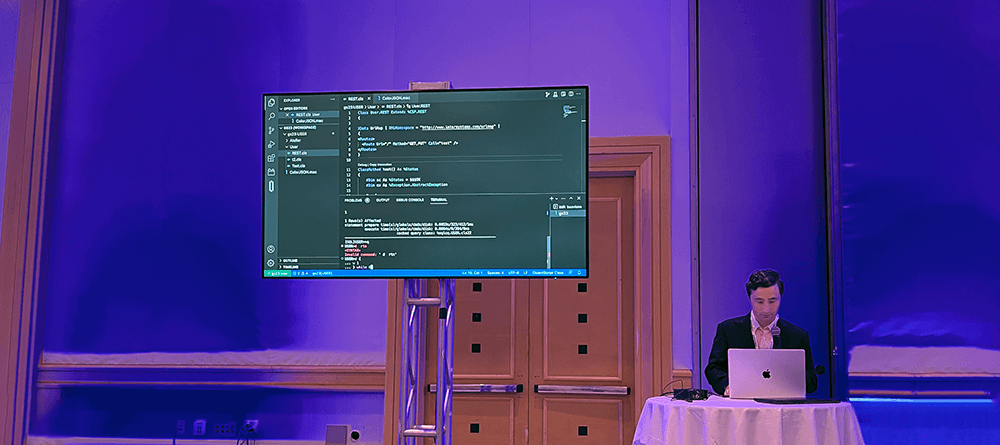
VS Code can be configured for client-side or server-side editing and supports many modern conveniences for ObjectScript, including syntax coloring, Studio snippets, rule editing (including embedded in-browser routing rules, BPL, DTL, and more), and even in-IDE REST Service debugging.
InterSystems actively welcomes feedback for their ObjectScript extensions via ideas.intersystems.com, and even encourages developers to consider contributing to the open-source extensions project should they feel driven to do so.
VS Code is the future of IRIS ObjectScript development, and it’s time for everyone to get on board!
IntegratedML: New & Next
- Date: Tuesday, June 6, 2023
- Overview: The speakers presented InterSystems IntegratedML, a tool for automated machine learning.
IntegratedML brings automated machine learning to SQL developers and augments the productivity and reach of data scientists. IntegratedML consists of SQL Processor with special SQL commands like CREATE MODEL, TRAIN MODEL, SELECT PREDICT(MyModel), and pluggable ML engines that do the actual learning.
Currently, 3 ML Engines are supported: ISC AutoML, H20, and DataRobot. These engines have several pros and cons depending on things like ease of use, configurability, IRIS Cloud SQL support, and Time Series support. For instance, ISC AutoML and H20 are included with IRIS, while DataRobot is not. On the other hand, Time Series Analysis is supported on ISC AutoML and DataRobot but not H20.
All three providers support three training modes: SCORE, TIME, and BALANCE. SCORE is a mode prioritizing model accuracy, TIME prioritizes training time, and BALANCE is a combination of the two.
The Machine learning group is currently working on an explainability module (not out yet). This module helps data scientists better understand results and answer questions like, “Is my model giving me good results?” It provides diagrams with explainer objects from commands like SELECT EXPLAIN_PREDICT(modelname) FROM…
The speakers then presented a case of time series forecasting with IntegratedML with a real-world example of trying to predict chickenpox cases in Hungary over time.
Building a FHIR Façade
- Date: Tuesday, June 6, 2023
- Presenter: Keren Skubach, Sales Engineer, InterSystems
- Overview: When is a server, not a server? When it’s a Facade! In this session, we learned how to use straightforward data conversions to generate FHIR resources in IRIS and create a FHIR Facade, allowing us to present FHIR data without having to store all of our data in a FHIR repository.
FHIR is, well, on fire these days. But many systems already have deep data repositories and don’t want to convert all of it to FHIR resources. How do you resolve this problem? By creating a FHIR Facade, a front-end to a data store that isn’t in FHIR Resource format but offers a translation layer to make the data accessible through FHIR Endpoints. In this session, Keren Skubach walked us through that process.
All of the functionality needed for creating a FHIR facade can be found in the HS.FHIRServer.Storage.Json package. By extending three key classes, you can define your interactions, interaction strategy, and repository manager. (Skubach detailed the key pieces that must be synchronized between these extension classes to allow them to work together while also going over the installation of these classes in a Foundation Namespace.) Finally, you’ll be able to configure the FHIR endpoint in that namespace.
Later, Skubach showed how to customize the interactions by overriding the methods that correlate to the specific add/delete/read/etc. interaction in question. There are a few additional required steps, like adding a capability statement, and Skubach ably walked through all these processes.
How to Get the Most Out of the InterSystems Developer Ecosystem
- Date: Tuesday, June 6, 2023
- Overview: In this session celebrating InterSystems’ robust developer ecosystem, we learned about developer.intersystems.com, the core of the developer community, and also openexchange.intersystems.com, which hosts open source applications created by the community and many contests, some awarding thousands of dollars for ingenious development solutions in IRIS.
In this session celebrating InterSystems’ robust developer ecosystem, we learned about developer.intersystems.com, the core of the developer community, and also openexchange.intersystems.com, which hosts open source applications created by the community and many contests, some awarding thousands of dollars for ingenious development solutions in IRIS.
The IRIS Developer Ecosystem has four main pillars that create an incredibly active, robust, and helpful network of talented developers working on the InterSystems product Stack.
The Developer Community for InterSystems has over 14,000 members contributing over 17,000 posts about IRIS development across various disciplines. This community is a fantastic resource for novice and experienced IRIS coders alike, with thousands of solutions within. Here you can find the latest articles, videos, releases, contests, prices, and more. There are hosts of activities for developers, including contests, competitions, meetups, hackathons, and more. You can engage in the IRIS Developer community in many languages! Head to the Community and enter the InterSystems Grand Prix contest, with more than $26,000 in prizes available!
The Open Exchange is an open-source app store for over 700 IRIS applications, contributed to by over 200 developers. These applications are all hosted in GitHub and are easy to install using IPM. The Open Exchange offers views, download analytics, reviews, and more. Get some apps to enhance your IRIS installation, or develop your own and submit them!
How do you feel about gamification in your life? Maybe it helps you learn a new language or lose some weight. But did you know gamification was available in the IRIS Developer Ecosystem, too? Global Masters is InterSystems’ gamification hub, with challenges and tasks to gain points. Earn points for your contributions to the Developer Community or the Open Exchange, or even the Ideas Portal. Get some badges and win some sweet swag!
Speaking of the Ideas Portal, InterSystems has rounded out their Developer Ecosystem with the Ideas Portal, which allows users to submit and vote for ideas. You can even choose existing ideas to implement yourself or work with InterSystems experts to get feedback on your work and ideas. Would you like to become part of their public Hall of Fame?
Finally, during this session, we had the opportunity to hear from many current members of the Developer Community and how it has helped them contribute and learn from fellow developers.
Run, don’t walk, to community.intersystems.com!
| Part One | Part Two |
|---|
Thank you for joining us for this year’s InterSystems Global Summit recap! Make sure to check out Part 2!
J2 Interactive is an award-winning software development and IT consulting firm specializing in customized solutions for hospitals, labs, research institutions, and health information exchanges.
Our approach to design and development is rooted in a fundamental belief that systems succeed or fail based on how well they serve the people who depend upon them. Drop us a line to learn more.


